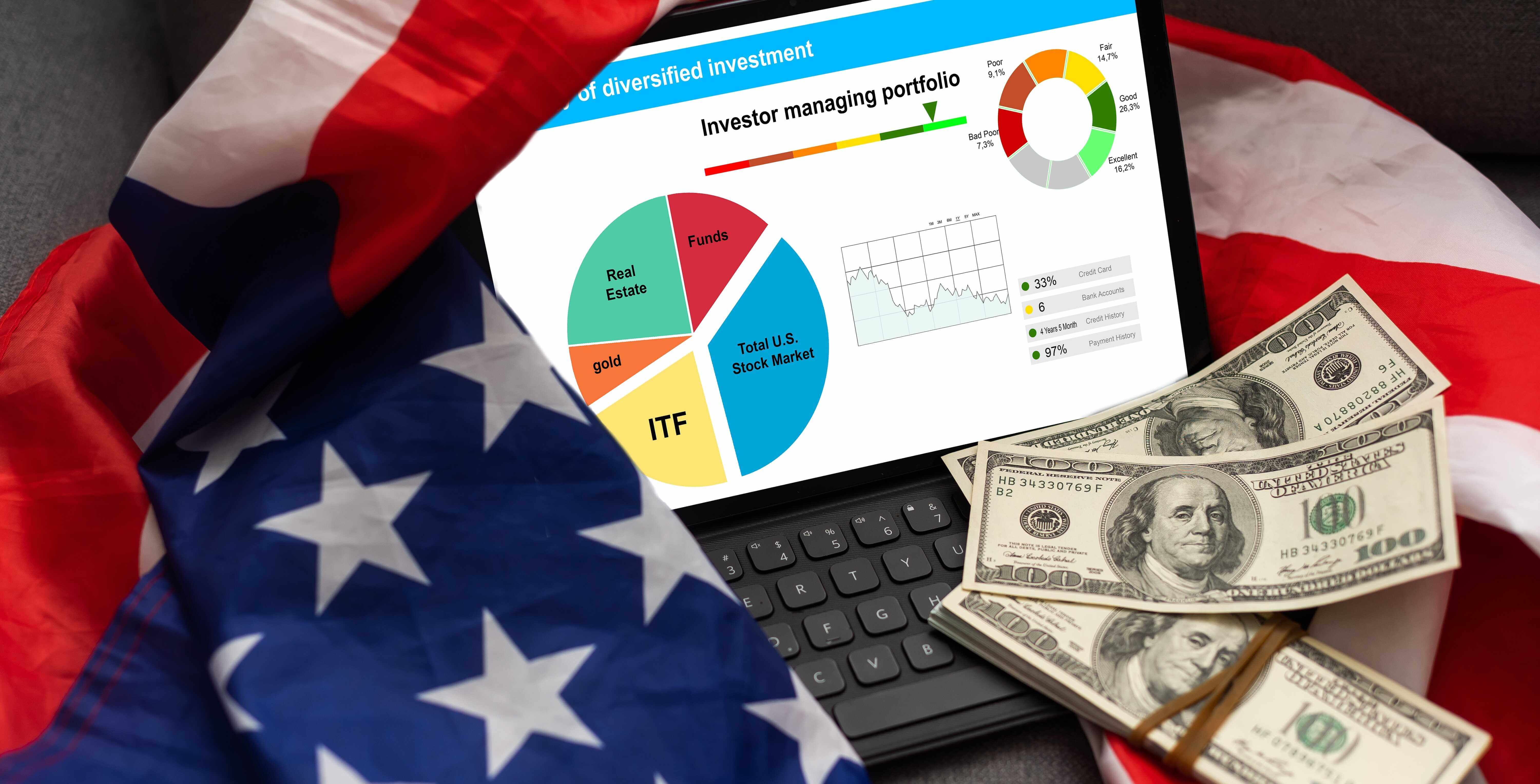It's Deja Vu For This Ultra-high-yield Dividend Stock As 2025 Starts With A Similar Challenge As Last Year

Medical Properties Trust (NYSE: MPW) got off to a challenging start last year. In January, the real estate investment trust (REIT) revealed that its top tenant at the time, Steward Health Care, was experiencing liquidity issues, which impacted its ability to pay rent.
Steward filed for bankruptcy a few months later. The year ended more positively as the REIT was able to take control of its real estate from Steward and lease most of those properties to five higher-quality replacement operators.
Start Your Mornings Smarter! Wake up with Breakfast news in your inbox every market day. Sign Up For Free »
With Steward no longer in the picture, the healthcare REIT thought it had finally closed the door on its tenant issues last year. Unfortunately, that wasn't the case. It recently revealed that another leading tenant, Prospect Medical Group, has filed for bankruptcy.
New year, same issue
Prospect Medical Group filed for bankruptcy in early January. The healthcare company has been experiencing liquidity issues, due partly to the stalled sales processes across several East Coast markets (Rhode Island, Connecticut, and Pennsylvania). The REIT has investments linked to Prospect in two of those states (Connecticut and Pennsylvania). It also has investments in California.
Medical Properties Trust had previously recapitalized its $1.6 billion investment with Prospect in May 2023, which included:
- California: The REIT had a $513 million investment in six leased California hospitals. Prospect was to resume making partial rent payments on these properties in September of that year and full payments in March of 2024.
- Connecticut: Medical Properties Trust has a $457 million real estate investment that it agreed to sell as part of Yale New Haven Health's acquisition of Prospect's operations in the state. The REIT expected to recoup its investment via that sale (which still hasn't closed) and the sale of its interest in Prospect's managed-care business (valued at $103 million).
- Pennsylvania: The REIT transferred its Pennsylvania real estate to Prospect in exchange for a $150 million mortgage loan and $100 million of equity in Prospect's managed-care business.
- Other: The REIT had another $264 million of loans, $56 million of accrued rent and interest, and a $50 million convertible loan to the managed-care business, all of which it expected to recover through the sale of Prospect's managed-care business.
As a result of its liquidity issues, Prospect hasn't paid any rent to Medical Properties Trust on the California hospital since last June, even though those facilities reported volume growth and improved coverage trends last year. Meanwhile, it has only made minimal payments related to leases and mortgages in Connecticut and Pennsylvania over the past two years.
Working to preserve and recover value
Medical Properties Trust received some positive news regarding its investment in Prospect late last year. The company announced that Astrana Health had agreed to buy a majority of Prospect's managed-care platform for $745 million plus the assumption of some liabilities in November. As a result, Medical Properties Trust expects to receive about $200 million, with most of that cash expected in the first half of this year (it will also receive a $50 million payment by 2027).
However, with Prospect filing for bankruptcy, the REIT's focus is now on protecting its California hospital investment. Medical Properties Trust also anticipates that the process will enable Prospect to successfully complete the sale of its Connecticut facilities. This outcome would enable it to recoup some of the value of its Connecticut properties while resuming rent collection in California.
Given that the REIT currently isn't collecting any income from these properties right now, the bankruptcy likely won't have any impact on its dividend (which currently yields 7.7%). Instead, its rental income is on track to rise this year as the new tenants at its former Steward facilities start making rental payments.
Those payments will steadily escalate over the next two years, reaching their fully stabilized rate at the end of 2026 (about 95% of Steward's lease rate). That growing income stream could enable Medical Properties Trust to rebuild its dividend following two deep cuts in recent years.
Two steps forward and another back
Medical Properties Trust continues to battle tenant-related headwinds. While it has finally severed its relationship with Steward, Prospect has become a source of trouble again.
However, its bankruptcy could enable Prospect to finally sell off its troubled East Coast operations so that it can focus on California, which would benefit Medical Properties Trust. The hope is that it will quickly reemerge from bankruptcy, which could finally enable Medical Properties Trust to put its tenant issues in the past. That would allow the company to focus on rebuilding its portfolio, dividend, and shareholder value.
Should you invest $1,000 in Medical Properties Trust right now?
Before you buy stock in Medical Properties Trust, consider this:
The Motley Fool Stock Advisor analyst team just identified what they believe are the 10 best stocks for investors to buy now… and Medical Properties Trust wasn’t one of them. The 10 stocks that made the cut could produce monster returns in the coming years.
Consider when Nvidia made this list on April 15, 2005... if you invested $1,000 at the time of our recommendation, you’d have $834,951!*
Stock Advisor provides investors with an easy-to-follow blueprint for success, including guidance on building a portfolio, regular updates from analysts, and two new stock picks each month. The Stock Advisor service has more than quadrupled the return of S&P 500 since 2002*.
*Stock Advisor returns as of January 13, 2025
Matt DiLallo has positions in Medical Properties Trust and has the following options: short March 2025 $4 puts on Medical Properties Trust. The Motley Fool has no position in any of the stocks mentioned. The Motley Fool has a disclosure policy.


